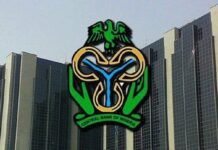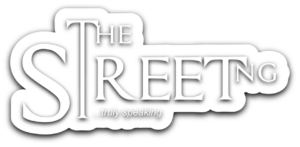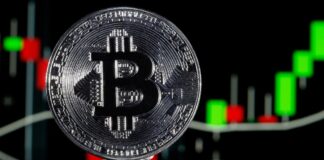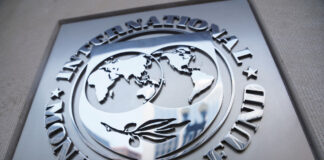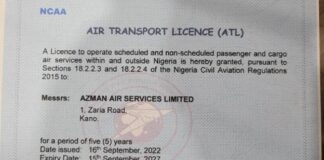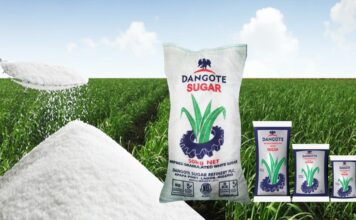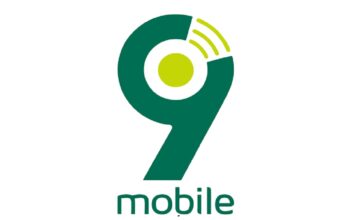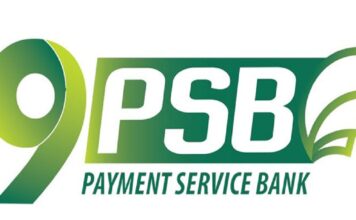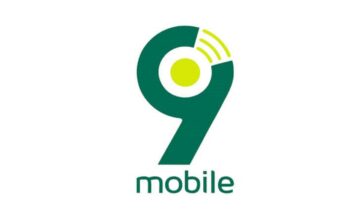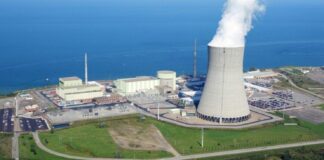Nigeria’s Inflation Rate for March Projected to Hit 18.30%
Nigeria’s headline inflation has been projected to maintain uptrend to click 18.30% for March, 2021 from 17.33% in February after 18 months consecutive rise.
As indicated on its calendar, National Bureau of Statistics, NBS, is expected to release inflation data for the month of March this week.
In a new report, Meristem Securities reveals expectation that inflation will sustain uptrend following the settlement of the Shasha crises which altered the supply of food items to the South, the resumption of supplies in March was expected to suppress demand pressures.
However, analysts explained that security challenges including kidnapping, banditry, and herdsmen crisis in many of the food-producing states persisted.
“These challenges continued to elevate the supply chain bottlenecks and threaten agricultural activities in the North”, the firm added.
Meristem said the surge in international sugar prices and increased transportation costs also contributed to the hike in the prices of carbonated beverages to NGN120 from NGN100 in March 2021, putting additional pressures on consumers.
In a different vein, Meristem Securities noted the rise in crude oil prices during the period led the Petroleum Products Pricing Regulatory Agency (PPPRA) to release a new pricing template for the pump price of petrol (a template reflecting the prevailing market realities).
According to the template, the expected PMS Price was pegged at NGN212.61 per litre as against the current price of NGN167.00.
“This triggered a momentary artificial scarcity and purchase of petrol at a premium. In March, we expect the consumer price index to rise by 18.30%”, Meristem estimated.
Inflation in Advanced Economies Remain Below the 2% Threshold
In March 2021, the Organisation of Petroleum Exporting Countries and allies (OPEC+) revised its expectation for oil demand for the year to 96.27 million barrel per day (mbpd) from 96.05 mbpd.
Meanwhile OPEC+ maintained existing production cuts on the supply side at 7.2 million barrels per day.
Analysts said the decision to maintain production cuts triggered a rally in oil prices, peaking at USD69.95 during the month and settling at USD64 at the end of the month (above the previous months and well above 2020 prices).
“While we recognize that the higher oil prices contributed to an uptick in inflation in developed economies like the US (1.68 year on year) and UK (0.46% year on year) in February, we still expect inflation to remain below the 2% threshold in the near term.
“In our view, the key risks to inflation would be the acceleration of vaccinations and the consequent reopening of economies.
“Nonetheless, we believe the suspension of the AstraZeneca vaccine in some European countries due to rising concerns about blood clotting diminishes the odds of hasty reopening of economies.
Appzone Secures $10 Million Series A Funding for Expansion
“We also note the inflationary effects of the COVID-19 relief and asset purchase programmes embarked on by governments including the Quantitative Easing Program by the U.S Federal Reserves and the Pandemic Emergency Purchase Program (PEPP) by the European Central Bank2, Meristem Securities stated.
Nigeria’s Inflation Rate for March Projected to Hit 18.30%








